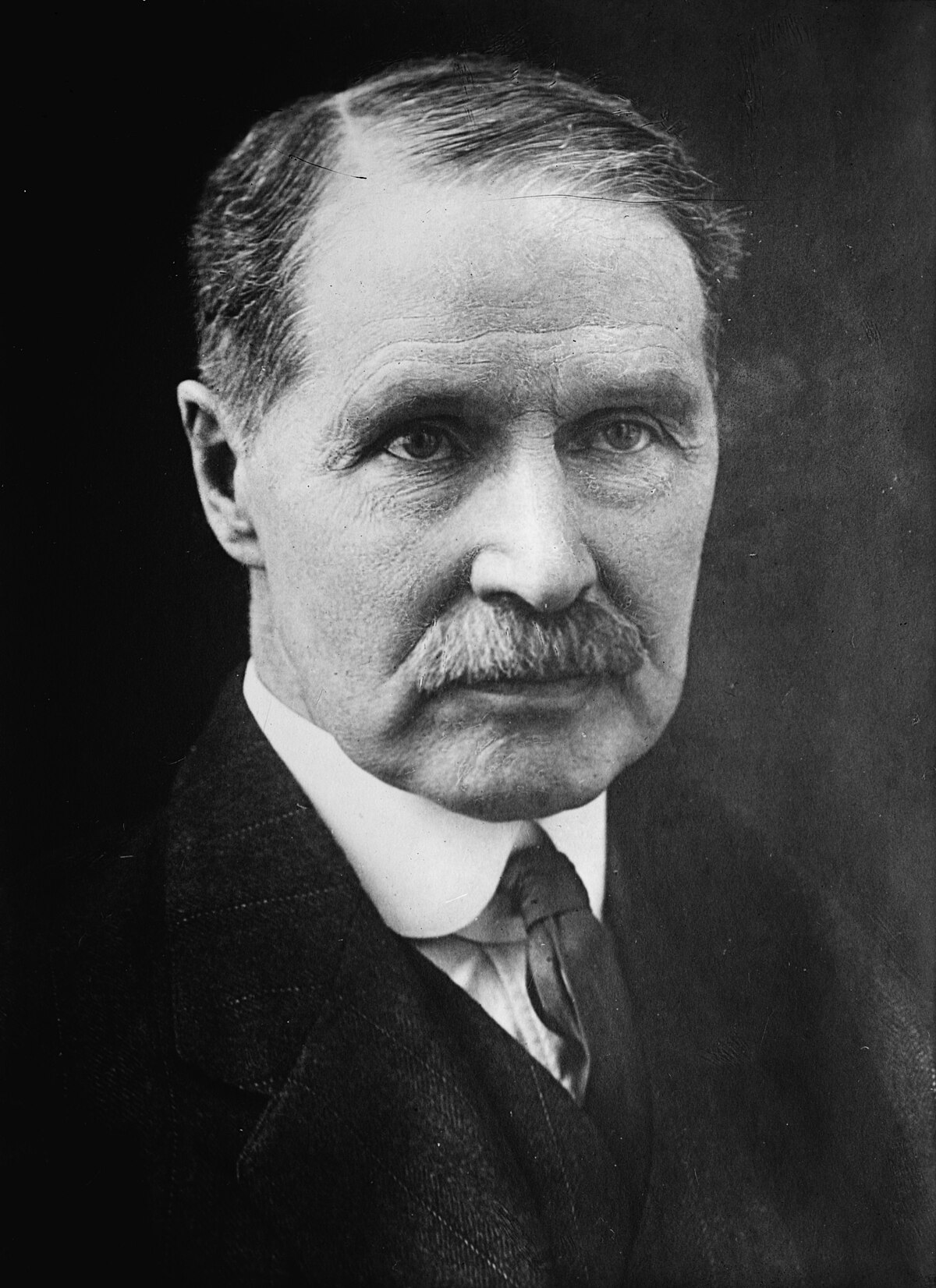
Have you ever taken a moment to reflect on the remarkable **political journey** of Bonar Law, who holds the distinction of being the first Prime Minister of Great Britain to hail from a British overseas possession? Born on September 16, 1858, in Kingston, New Brunswick, Canada, Law’s life story is one filled with ambition, leadership, and an unwavering spirit of resilience. His early years were marked by a strong sense of purpose and determination, which ultimately propelled him into the world of politics. In this article, we will delve into the various phases of his life, examining his formative experiences, the trajectory of his political career, and the pivotal events that defined his tenure in office. Through this exploration, we aim to uncover the complexities of his character and the historical context that influenced his decisions as a leader. Join us as we unravel the fascinating narrative of Bonar Law, a figure whose legacy continues to resonate in the annals of British political history.
Early Life and Background
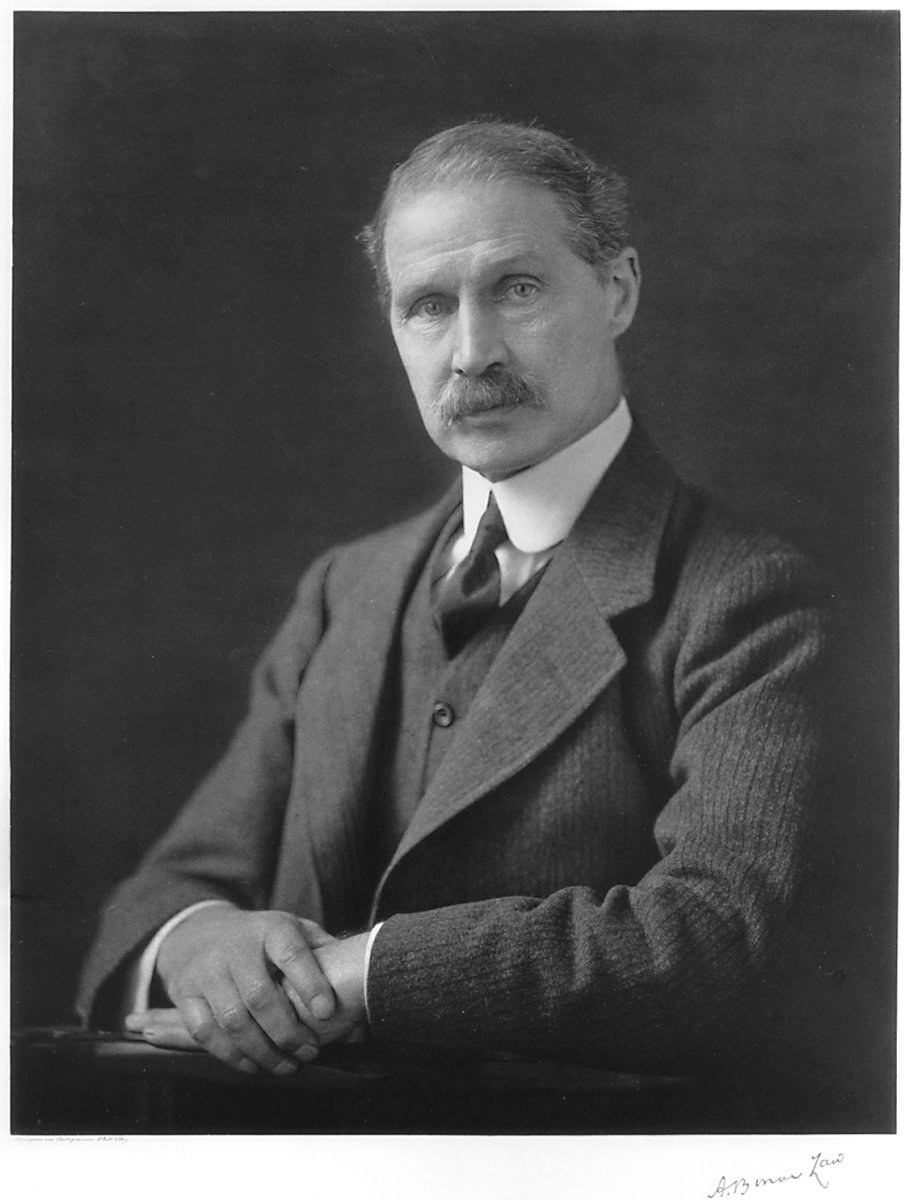
Roots in Canada
Bonar Law was born into a family with deep roots in the Presbyterian faith, as his father was a minister of Ulster ancestry. His formative years were spent in the vast landscapes of Canada, where he was exposed to a diverse culture and a variety of experiences. However, at the tender age of 12, a significant change occurred in his life when he relocated to Scotland to live with affluent cousins. This move not only altered his environment but also set the stage for his future endeavors in both politics and business, shaping the man he would eventually become.
Education and Early Career
At the young age of 16, Bonar Law made the bold decision to leave school and embark on a career in the business world. He joined a prominent iron merchant firm in Glasgow, where he honed his skills and developed a keen understanding of economic principles. His experiences in the business sector would later prove invaluable as he transitioned into the realm of politics. The question arises: how did a man with a background in commerce evolve into a significant political figure? Let’s explore the journey that led him from the boardroom to the political arena!
Political Ascent
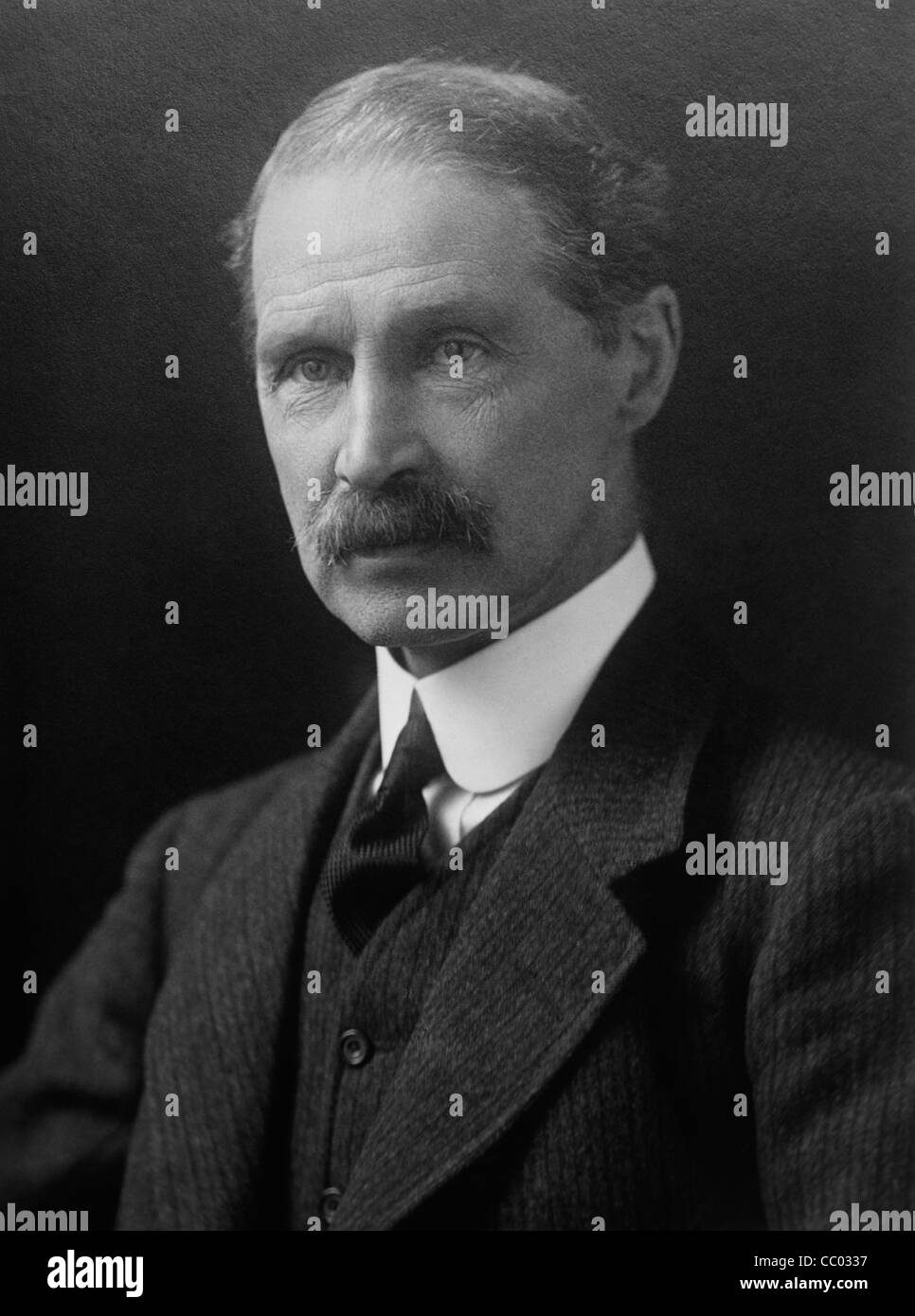
### Entering Politics
In the year 1900, Law made his debut in the political arena by being elected to the **House of Commons** as a member of the Conservative Party. From the outset, he demonstrated a strong commitment to the party’s **imperialist faction**, which was prominently led by the influential Joseph Chamberlain. This alignment with the imperialist wing was not merely a matter of political convenience; it was a defining moment in Law’s career that would significantly shape his future trajectory as a leader within the party. His early involvement in these critical political dynamics laid the groundwork for his subsequent rise to prominence.
### Becoming Party Leader
The political landscape in Britain underwent significant changes in the early 1910s, particularly following the resignation of Arthur James Balfour in 1911. In this context of uncertainty and shifting allegiances, Law emerged as a viable compromise candidate for the leadership of the Conservative Party. His election on November 13 was not just a personal victory; it was a unanimous decision by party members, reflecting a collective desire for stability during a tumultuous period in British politics. Law’s ascension to the leadership role marked the beginning of a new chapter for the Conservative Party, as he sought to navigate the challenges and opportunities that lay ahead.
Key Political Issues
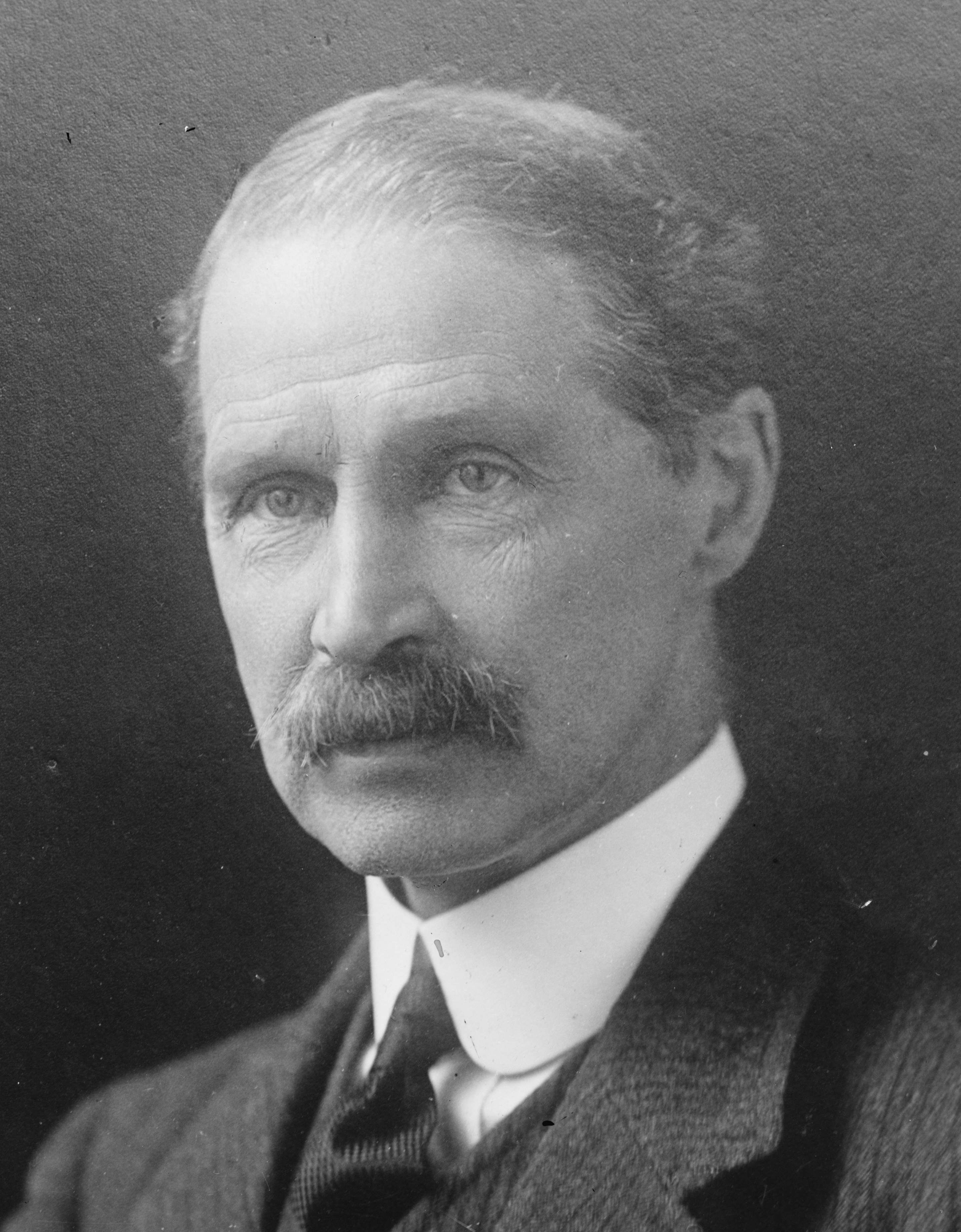
Tariff Reform and Irish Home Rule
Prior to the outbreak of World War I, the political career of Andrew Bonar Law was characterized by a strong emphasis on **tariff reform**, which he believed was essential for the economic prosperity of Britain. However, he was equally known for his staunch opposition to **Irish Home Rule**. His deep-rooted connections to Ulster played a significant role in shaping his views, as he was a fervent supporter of the Unionist cause. Law’s resistance to any form of autonomy for Ireland was not merely a political stance; it was a reflection of his commitment to maintaining the unity of the United Kingdom. He believed that granting Ireland self-governance would undermine the integrity of the British state and set a dangerous precedent for other regions seeking similar autonomy.
Role in World War I
In 1915, amidst the turmoil of World War I, Law was appointed as the **Secretary for the Colonies** within a coalition government formed to address the challenges posed by the ongoing conflict. This position allowed him to wield considerable influence, particularly as he became involved in the political maneuvers that ultimately led to the resignation of Prime Minister H.H. Asquith. Law’s adeptness at navigating the intricate landscape of wartime politics was noteworthy; he demonstrated a keen understanding of the shifting alliances and power dynamics at play. His ability to forge connections and build consensus among various factions was instrumental in his rise to prominence during this tumultuous period, showcasing his political acumen and strategic thinking.
Prime Ministership

Taking Office
On October 23, 1922, Bonar Law became Prime Minister. His government was formed amidst scandals and political unrest, including a controversial **sale of honours** and the Çanak incident. How did he manage to maintain control during such chaos? Let’s dive deeper!
Major Events During His Premiership
Law’s time in office was marked by significant events, including:
| Date | Event | Significance |
|---|---|---|
| January 1923 | War Debt Settlement | Law expressed dissatisfaction with Chancellor Baldwin’s handling of the British war debt to the U.S. |
| January 1923 | Ruhr Occupation | Law broke off diplomatic relations with France over its occupation of the Ruhr, showcasing his assertive foreign policy. |
| May 1923 | Resignation | Due to health issues, Law resigned, paving the way for Stanley Baldwin to take over. |
Challenges Faced
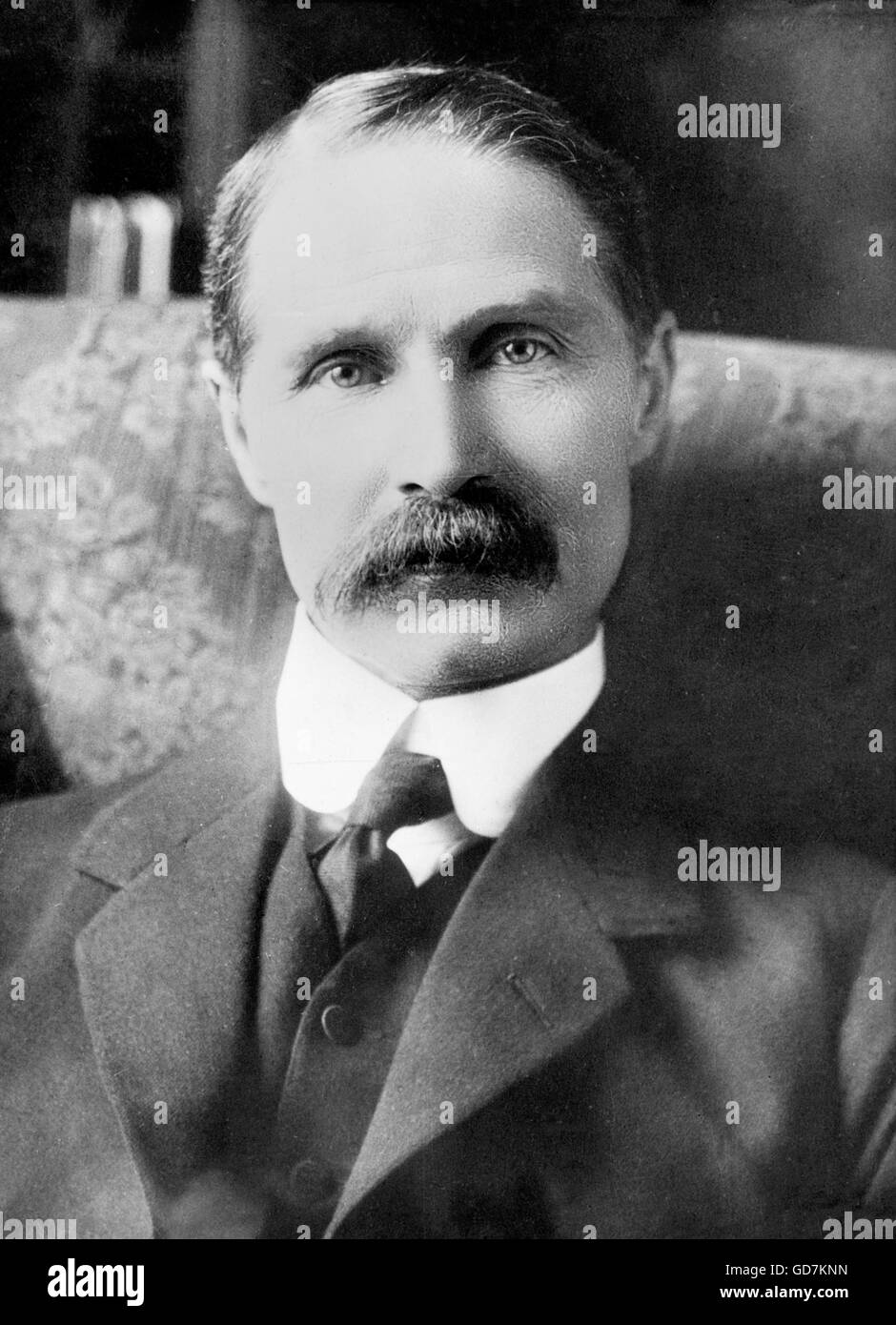
Health Issues
Throughout his political career, Law struggled with health problems, particularly an **inoperable throat malignancy**. This ultimately led to his resignation in May 1923, highlighting the personal sacrifices he made for his country.
Political Opposition
Law faced significant opposition from within his party and from the public. His decisions, particularly regarding the **coalition government**, were often met with skepticism. How did he manage to keep his party united during such challenging times?
Legacy of Bonar Law

Impact on British Politics
Bonar Law’s tenure as Prime Minister, though short-lived, left a lasting impact on British politics. He was the first Prime Minister from Canada, breaking barriers and setting a precedent for future leaders from overseas possessions.
Historical Significance
Law’s leadership during a tumultuous period in British history is often overshadowed by his successors. However, his role in shaping the Conservative Party and his stance on key issues like **imperialism** and **tariff reform** remain significant.
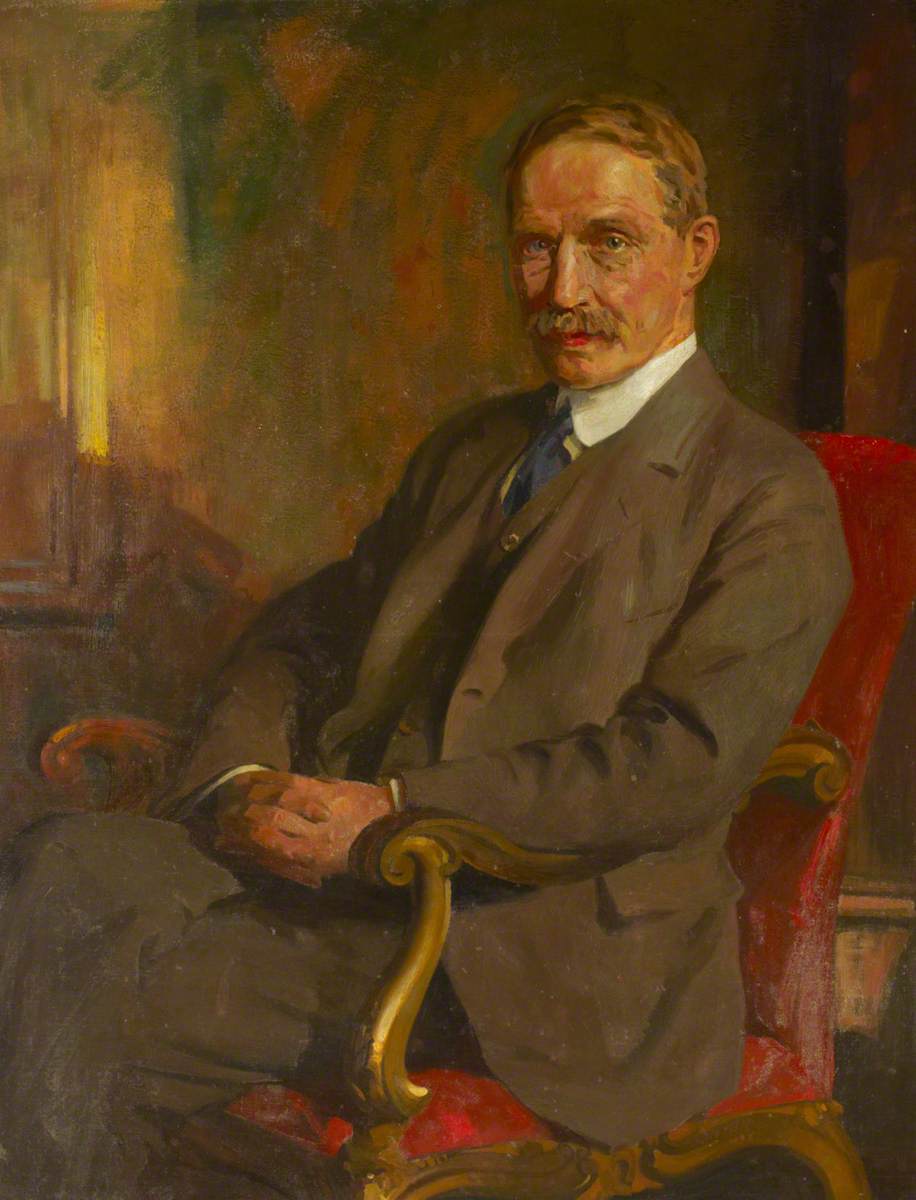
Bonar Law’s life is a testament to the complexities of political leadership. From his humble beginnings in Canada to becoming the Prime Minister of Great Britain, his journey is both inspiring and instructive. As we reflect on his legacy, we can appreciate the challenges he faced and the decisions he made that continue to influence British politics today.
So, what do you think? Does Bonar Law deserve more recognition for his contributions? Let us know your thoughts!

